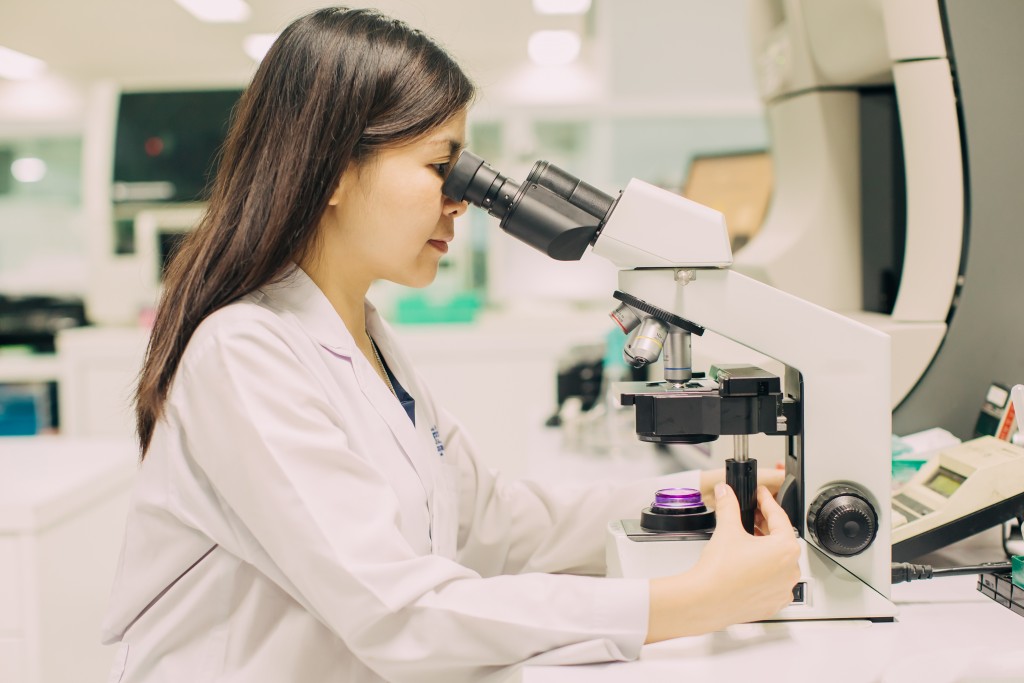Every day, we are reminded of the fact that people face astounding risks trying to better their lives and the lives of their families. They work long hours. They face dangerous situations trying to make this world a better place. Today, with COVID-19 amidst us, we rely on medical technologists, laboratorians, scientists, and doctors to find a cure or vaccine. They spend their time in a laboratory, testing swab samples and trying to find the antidote to this pandemic. We owe our lives to them.
The laboratory should be a safe place for them. Lab managers should ensure the quality of the laboratory equipment from the suppliers. They should make sure that the machines are well-calibrated. They need to keep the lab sanitized and hygienic for the protection of those working there.
Cleanliness
A medical lab needs to be clean and free of contaminants. It should be kept germ-free. There should be no dust particles on the tables and chairs and the cupboards. If there were previous chemical spills, these should have been addressed immediately and with the right solution.
Every laboratory has a strict standard operating procedure for a zero infection outbreak. They need to use hospital-grade cleaning solutions formulated to kill all kinds of bacteria, viruses, germs, and pathogens. Every nook and cranny of the lab should be well-cleaned.
Protective Clothing and Gear
You now know what happens when medical workers are not fitted with the right protective gear. They die. You saw the news. So many doctors and nurses have become infected with the various simply because they lack the right personal protective equipment.
People who work in a lab handle hazardous chemicals and specimens. If they are not wearing the right gear, they can get infected by what they are handling. Lab workers do not only need goggles, lab coats, gloves, face shields, and enclosed footwear. They also need to be properly trained in proper safety practices inside the lab.
Waste Management
This is another critical component of running a laboratory. The most common waste products from a lab are needles, cotton swabs, syringes, and wipes. There needs to be a sound waste management policy on how to dispose of these materials. In particular, used needles and other sharp objects should be separated from the lot. They pose potential hazard exposure to garbage collectors or the facilities where these will be handled.
Organization

A medical lab should be organized. All specimens and samples should be labeled to prevent the wrong diagnosis. In case a specimen is incorrectly labeled, that will lead to the wrong treatment. It can harm the patients more. You may even face a major lawsuit for the mishap. Lab workers should follow strict guidelines on the storage of samples.
Medical labs face enormous challenges in keeping a sanitized and hygienic environment. With the proper implementation of procedures, this should be achieved. It will protect researchers, medical technologies, and other lab workers from accidents, injuries, and illnesses.






